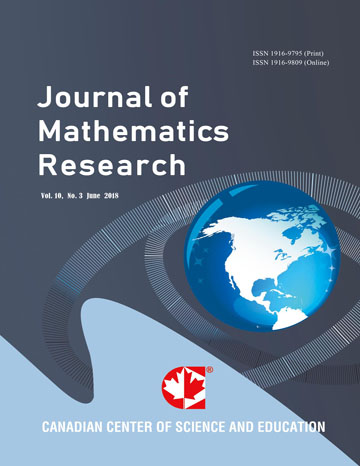Predict GARCH Based Volatility of Shanghai Composite Index by Recurrent Relevant Vector Machines and Recurrent Least Square Support Vector Machines
- Phichhang Ou
- Hengshan Wang
Abstract
A new machine learning method so called Relevant Vector Machine (RVM) is an efficiently learning technique for classificationand regression problems, including financial time series forecasting. One of the main advantages is that the model
is treated by Bayesian approach and its functional form is identical to a powerful prediction tool Support Vector Machine.
In this paper, we propose a new recurrent algorithm of the relevant vector machine to predict GARCH (1,1) based volatility
of Shanghai composite index. The recurrent support vector machine, recurrent least square support vector machine and
normal GARCH (1,1) models are also employed to make a comparison with the proposed model. Our empirical results
show that the proposed approach generates superior forecasting performance.
- Full Text:
 PDF
PDF
- DOI:10.5539/jmr.v2n2p11
Index
- ACNP
- Aerospace Database
- BASE (Bielefeld Academic Search Engine)
- Civil Engineering Abstracts
- CNKI Scholar
- DTU Library
- EconPapers
- Elektronische Zeitschriftenbibliothek (EZB)
- EuroPub Database
- Google Scholar
- Harvard Library
- IDEAS
- Infotrieve
- JournalTOCs
- MathGuide
- MathSciNet
- Open policy finder
- RePEc
- ResearchGate
- Scilit
- Technische Informationsbibliothek (TIB)
- The Keepers Registry
- UCR Library
- Universe Digital Library
- WorldCat
Contact
- Sophia WangEditorial Assistant
- jmr@ccsenet.org
